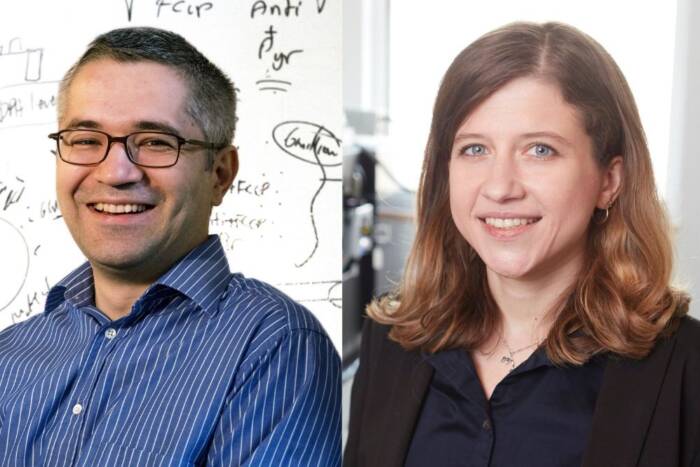Rockefeller accepts mayor's challenge to reduce emissions by 30 percent
Rockefeller is one of 14 New York City universities that have pledged to reduce greenhouse gas emissions by 30 percent over a 10-year period in response to a challenge issued by Mayor Michael R. Bloomberg as part of his PlaNYC sustainability program. The initiative, known as the 2030 Mayoral Challenge, requires the university to complete an inventory of its current greenhouse gas emissions and to develop a plan for achieving reductions.
“We applaud Mayor Bloomberg’s efforts to reduce New York City’s carbon footprint, and we are proud to participate in the Mayoral Challenge,” says Paul Nurse, the university’s president. “We have several programs under way to make our operations more sustainable, including the construction of a LEED-certified research building that will minimize our impact on the environment both during construction and over the many decades that it will serve the university.”
Bloomberg and representatives from the 14 universities, including Alexander Kogan, Rockefeller’s associate vice president for physical facilities and housing, made the announcement at a press conference held this morning at the City University of New York’s Bronx Community College.
“Universities are in a unique position to lead the charge on climate change,” said Bloomberg. “They are in the business of shaping the leaders of tomorrow by demonstrating to their 350,000 students how energy efficiency makes economic and environmental sense. They also own a significant number of buildings throughout the five boroughs, and our carbon inventory showed that buildings are the city’s top source of emissions. Now, they are helping to make a sizable dent in the city’s overall emissions.”
Among the university’s plans to meet the 30 percent reduction:
- Favoring gas rather than oil for use in the university’s dual-fuel boilers.
- Purchasing renewable energy credits for electricity accounting for 20 percent of the university’s consumption.
- Adjusting ambient temperatures to reduce the load on heating and cooling systems.
- Upgrading lighting throughout campus to reduce loads by 50 percent.
- Recycling programs for paper, plastic and glass as well as alkaline batteries, fluorescent light bulbs and print cartridges from business operations and home use.
- A “Shut the Sash” educational campaign aimed at reducing the energy lost via open fume hoods, which can consume $3,000 per year in energy each.
- Utilizing energy-efficient plumbing, HVAC and electrical systems in renovation and new construction projects, including the Collaborative Research Center now being built as one of the first LEED-certified laboratory buildings in the city.
More information about sustainability initiatives at Rockefeller can be found at the university’s sustainability Web page.
Sustainability at The Rockefeller University
NYC.gov Press Release


